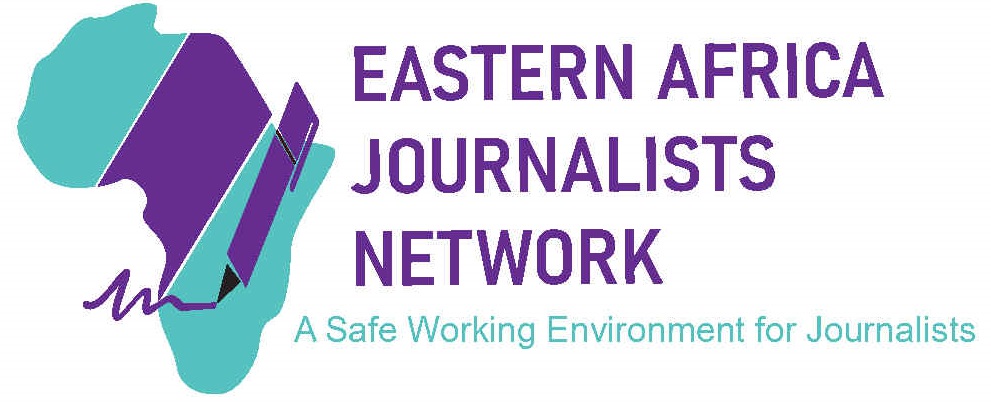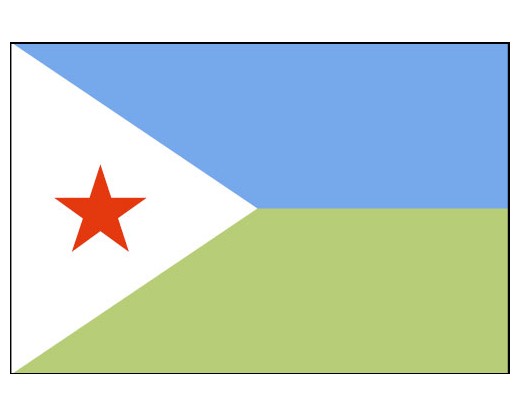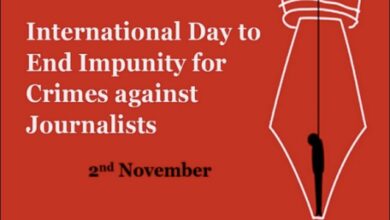840 cases in Djibouti
Djibouti is a signatory to several international and regional instruments and protocols that provide for the right to freedom of expression and access to information. Djibouti’s laws and constitution provide for freedoms of speech and of the press, but in practice the government imposes serious curbs on independent media. However, Djibouti does not have a law guaranteeing access to public information. Journalists continue to engage in self-censorship to avoid professional or legal repercussions for critical reporting. Criminal defamation and distribution of false information are some of the communications law established in 1992 to impose restrictive requirements on senior employees of media outlets. The government owns the dominant newspaper, television station, and radio broadcaster. Journalists, especially those from private and opposition media outlets, continue to find themselves detained in police cells on frivolous charges. Many have become accustomed to arrests, illegal trials, jails and fines. Cases abound where journalists have been arrested and sentenced for cases relating to their work. But beyond the physical attacks and arrests, there are many reported cases of self-censorship within media outlets on both sides as journalists working for the opposition media are fearful of reprisals, and those on the state-run side fear losing their jobs. This extends to editors and managers, who bury news stories that are critical of the government or run counter to accepted government doctrine. Djibouti ranks 176 place out of 180 countries in the 2020 World Press Freedom Index, a drop down from position 173 in 2019 world ranking by Reporters Without Borders


